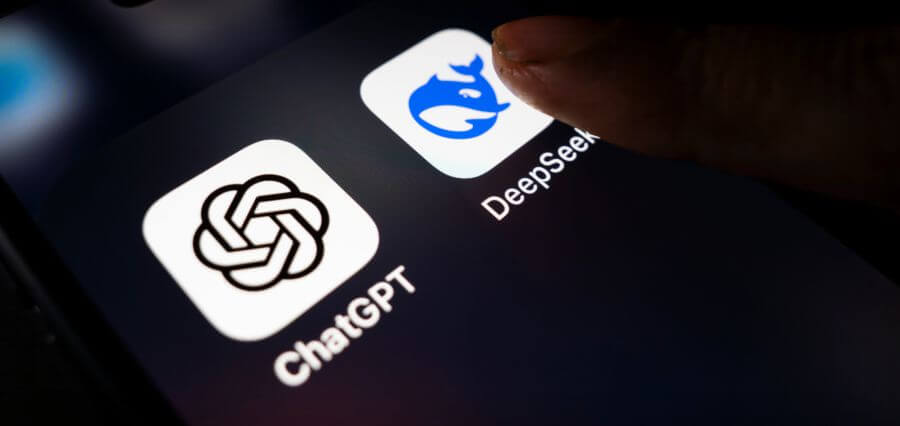Prime Highlights:
DeepSeek, a Chinese AI lab, released its open-source R1 reasoning model, claiming to rival OpenAI’s GPT in performance while being more cost-effective and energy-efficient.
DeepSeek’s success strengthens the case for open-source AI models like Meta’s Llama, Databricks, Mistral, and Hugging Face as scalable alternatives to proprietary models.
Key Background:
DeepSeek’s recent achievement is a significant milestone for the open-source artificial intelligence (AI) sector, reinforcing the potential of open-source models like Meta’s Llama, Databricks, Mistral, and Hugging Face. The Chinese AI lab’s breakthrough with its R1 reasoning model, which claims to rival the performance of OpenAI’s GPT, has brought attention to the viability of open-source AI as an alternative to proprietary systems.
According to Seena Rejal, Chief Commercial Officer at AI startup NetMind, DeepSeek’s success signals that open-source AI is now a legitimate, scalable alternative to closed models such as OpenAI’s GPT. Rejal emphasized that open-source AI is no longer limited to research initiatives but has evolved into a competitive force capable of achieving state-of-the-art performance. This shift challenges the traditional belief that only proprietary models dominate innovation in the AI space.
DeepSeek, founded by Liang Wenfeng in 2023, has aimed to advance the field of artificial general intelligence (AGI) — a type of AI that aspires to match or exceed human intelligence across various tasks. The release of R1, which offers a less energy-intensive and more cost-effective solution compared to existing models, has raised concerns among chipmakers, particularly Nvidia, as the development suggests a potential reduction in demand for high-performance computing infrastructure.
The rise of open-source AI models has become a key area of focus for tech giants and startups alike. These models, by making source code publicly available, allow for modification and redistribution, fostering collaboration and accelerating advancements in AI research. Yann LeCun, Meta’s Chief AI Scientist, also highlighted that DeepSeek’s success represents a broader trend where open-source models are increasingly outperforming proprietary ones, emphasizing the global shift in AI development rather than a contest between countries.

